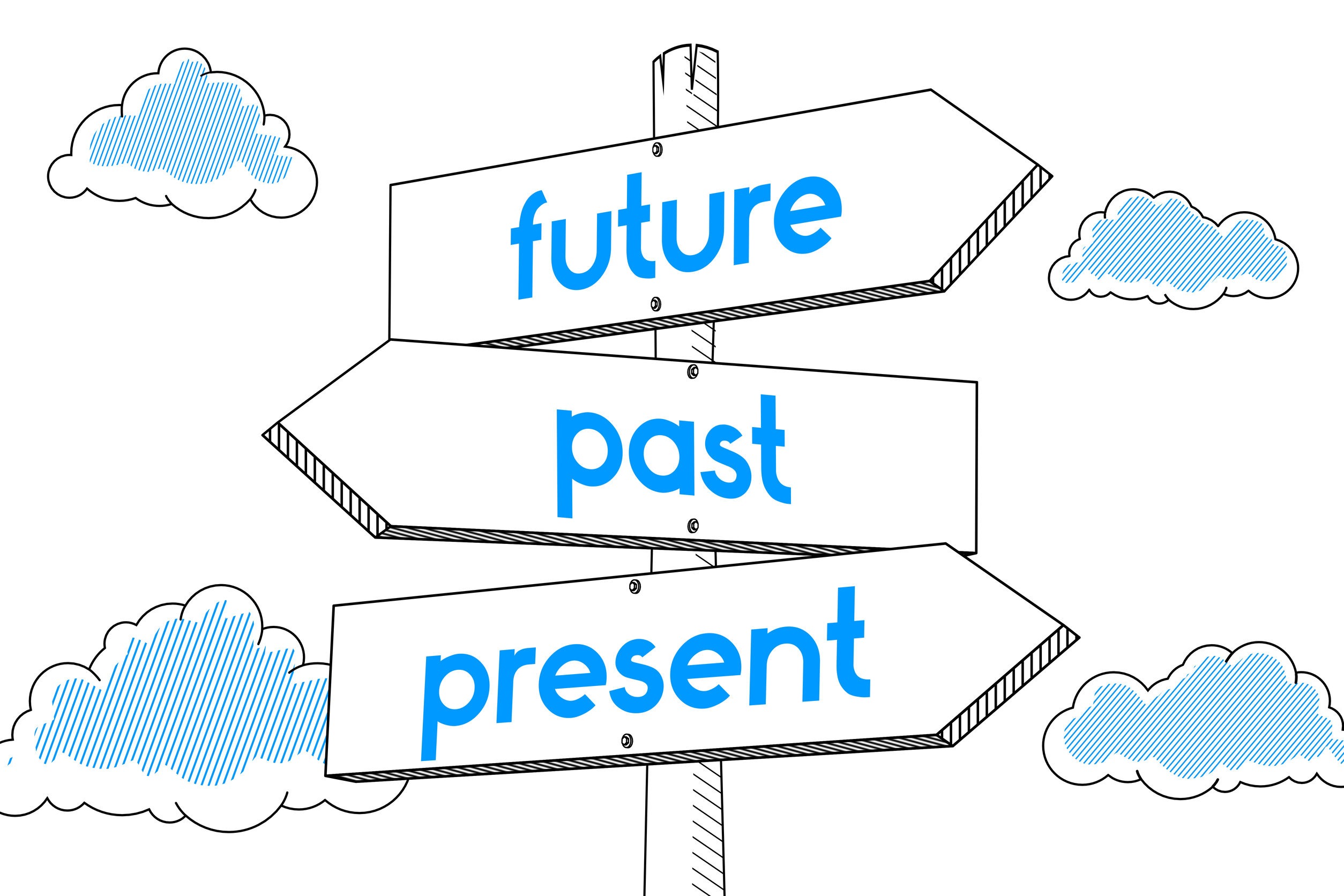How companies can address the past with honesty—and move forward with purpose
When getting your house in order and trying to change a negative narrative around past mistakes, actions speak louder than words.

Purpose—an organization’s reason that it exists, beyond profits and grounded in humanity—has become a mandate for businesses of all sizes and sectors.
With roots in philanthropy, corporate citizenship, shared values and today corporate social responsibility (CSR), purpose goes beyond those practices. In fact, it starts from within—with the very core of a company’s “why,” roots and heritage, values, and most importantly, with employees. For purpose to be authentic, it must be built upon these foundational elements, co-created with critical stakeholders, and designed to tap resources from across the business—from innovation and development to operations and culture.
In an era of “purpose washing,” more organizations are adopting a purpose purely to support reputational goals, add marketing patina or serve as a PR hook. On its face, a purpose façade might appear lovely and attract consumers, but long-term it will fail.
This leads to the critical point of cleaning house: Like humans, companies are not perfect—and that’s truly O.K. What matters is whether organizations, when embarking on the “purpose journey,” sweep missteps under the proverbial rug, or address issues head on.
Among a savvy consumer base—one that increasingly expects companies to support society through their core operations, goods and services—it does indeed pay off to be honest. In fact, that level of transparency can build even stronger relationships and loyalty with your consumers.
Who’s doing it right?
Take Patagonia, the golden example among purpose practitioners. With environmentalism at its core, and a clear purpose—“We are in business to save our home planet”—Patagonia has succeeded in leveraging its business, from product innovation to industry clout, to advance positive progress on the environmental and climate issues.
Yet, Patagonia is radically transparent about its faults. For one, the company has a dedicated section on its blog about issues including manufacturing practices and material use, and how the company is addressing them. The coating on some of Patagonia’s technical jackets, it turns out, is pretty terrible for the environment—but those same coatings are absolutely critical to adequately protect wearers from harsh weather. Imagine a consumer being surprised that Patagonia products are hurting the environment, a fact that’s incompatible with the company’s mission statement.
Instead, Patagonia is not only honest about these issues, but specifies clear goals and strategies to address them, such as developing new materials that are better for the environment, without losing functionality for the wearer. It’s not enough to just be honest about your past and current problems. You must demonstrate concrete action to address those issues.
From the very beginning, Patagonia, made a definitive decision to make transparency and honesty a core value and integral to its mission. This “north star” has supported Patagonia’s growth throughout the decades.
Rules for addressing the past
Whether you’re Patagonia, an organization facing a reputational deficit, or somewhere in between, there are several principles to keep in mind when defining or evolving your organization’s purpose.
1. Learn and listen: Become a student of your organization. Deeply evaluate its foundational values, history and evolution. Then conduct stakeholder interviews with individuals from across the organization (think factory floor to C-suite). What strengths and weaknesses do these individuals see in the organization? What challenges or opportunities do they face in their roles? Speak with select external stakeholders, such as suppliers, nonprofit partners, even detractors. With those findings compiled (a simple SWOT can be hugely helpful here), you can connect the dots between past and future.
2. Practice accountability: With a cross-functional purpose team, evaluate any issues—whether those involve manufacturing practices (think Nike’s use of child labor in overseas factories), people resources (think Salesforce’s gender pay gap), values misalignments (think Starbucks’ Race Together campaign), and others. Examine where your organization’s values broke down, where leadership failed to enforce them, and which policies might have enabled the mistakes. Understanding why mistakes were made must happen before they can be addressed.
3. Find the silver lining: Like with Patagonia’s environmentally-unfriendly materials, opportunity lies in challenges (in that case, advancing industry practices for materials development). Salesforce, upon determining there were acute gender disparities in pay across the organization, made a vocal commitment to equalize salaries among genders, seniority and roles, and encouraged other leading businesses to do the same by illuminating the pervasive issue and its roots. By seeking opportunity in your organization’s past mistakes, you may find incredible new avenues for growth, development and innovation.
4. Use Your Compass: Whether you’re defining and developing a purpose or developing a current purpose, ensure it is built to serve as a lens for decision-making across the organization. With a clear purpose, organizations can avoid future missteps. Unilever, another leader in purpose-driven organizations, has a purpose to “Make sustainable living commonplace,” reinforced by its 10+ year old Sustainable Living Plan. With the USLP and purpose, Unilever is able to evaluate critical business decisions—like which suppliers to use, how to market its products, and which brands to grow or sunset—through the lens of making sustainable living commonplace. If a decision doesn’t lead to a world in which more people can live sustainably, then it’s not the right decision for Unilever. For that, Unilever reaps tremendous loyalty and trust from stakeholders, from employees and their communities to institutional investors.
In business, honesty really is the best policy. The days of unethical business dealings, which may have reaped greater profits in the short-term, are gone. Consumers, employees, investors and leading business “powers that be” like the Business Roundtable have clearly mandated that companies must serve a purpose beyond profits. And the only way to do that successfully is through honesty, transparency, and radical authenticity.
Carol Cone, CEO of Carol Cone ON PURPOSE, is one of the foremost experts in social purpose, having pioneered early social impact initiatives in the 1980s. She champions innovation in social purpose, continually working to accelerate its evolution for business and social impact with the power to change the world.
Kristin Kenney, senior associate at Carol Cone ON PURPOSE, has spent her career helping dozens of private and public sector companies bring their social impact to life. She firmly believes that business can and should profit with purpose.







“Yea, give unto others and even more may be given unto thee.” That’s the essence of PR wisdom that gets billions of dollars a year to be donated for good uses, and even more billions to be gained in goodwill and profits by the givers.
Your organization can get four benefits from CSR, Corporate Social Responsibility which might better be called CSO for Corporate Social Opportunity,
.1. YOU CAN GET MORE SAFETY.
Businesses may be criticized for polluting too much and caring about the public too little but notice that no one throws rocks at the ice cream truck. The public cherishes those who bring benefits that the public can enjoy. If activists should complain that the ice cream man’s products cause obesity, defenders may quickly counter “not if you aren’t a pig about it.”
It’s that way with companies. Just as each human being consumes pure food and eliminates waste, producers of what the public needs also produce garbage. But most people may care even more about what the public needs than about the obvious need for common sense waste disposal.
A company may be assailed bitterly by activists if some damn fools among the executives were guilty of discrimination or harassment. But companies that donate generously to the public may in turn be treated generously by the public recognizing the PR-emphasized truth that the individuals accused are now gone from the company while the rest of the company is innocent and serves the public interest in many ways. Every major religion favors being charitable.
.2. YOU CAN GET MORE SALES AND EARNINGS.
If a car rental company donates millions a year to fund safe driving education that protects our lives, does that give the public a good reason to prefer that car rental company? If a food or healthcare company announces donating $100 million over the next ten years to fund anti-cancer research at Yale or at Memorial Sloan Kettering Cancer Center, would you and I and most people have incentive to favor products of that company?
.3. YOU CAN MAKE THE WORLD A BETTER PLACE.
This benefit could properly be called first in importance but since many people are so highly interested in “what’s in this for me,” I name the social utility advantage third.
.4. YOUR ORGAIZTION CAN SEE SAVVY PR EXECUTIVES.
A big deal in corporate management, one of the biggest, is recognizing which executives may do the company the most good if promoted to be more senior executives. So a PR executive espousing a “give more and get more” PR program, like a PR executive who has been a member of Ragan’s Crisis Management Network, may deservedly get more money, power and this result: if you help others you may help yourself.
As ye give, so may ye gain.
Great ideas over how to deal with the past and the role of purpose. Your thinking aligns with the results of our recent survey (https://www.historyfactory.com/perils-of-the-past/) that suggests a serious issue over how much corporate executives know about their past and how prepared they are should such episodes or transgressions surface in the public domain.
It’s also interesting, again from the survey, how unforgiving consumers are when a brand has such issues. Would be interested in how you’d ‘win back’ a consumer who learned about a brand’s past issues (racial and sexual discrimination, environmental and financial improprieties). As a short term ‘save’, what would you suggest?